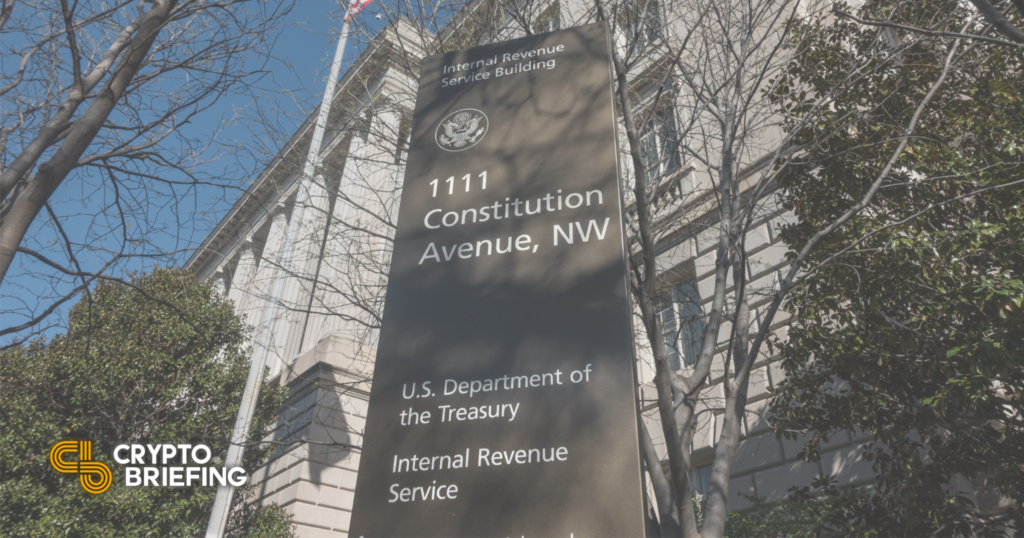
Shutterstock cover by Bob Korn
IRS Drafts New Crypto Reporting Rules for Tax Year 2022
The IRS' latest tax form requires most crypto activities to be reported.
The Internal Revenue Service (IRS) has released a draft of new instructions to U.S. taxpayers on reporting digital asset activity.
IRS Releases Draft Tax Document
The IRS is expanding its crypto tax reporting requirements.
A new draft of Form 1040 says that digital assets will be “treated as a digital asset for federal income tax purposes.”
This year’s document explicitly includes non-fungible tokens (NFTs), cryptocurrencies, and stablecoins in the category of digital assets. It also includes “any digital representations of value that are recorded on a cryptographically secured distributed ledger or similar technology.”
Taxpayers will need to indicate on their tax forms whether they received digital currencies as payment, as a reward, from mining or staking, or from a hard fork. Furthermore, taxpayers will need to indicate whether they sold, disposed of, or traded digital assets and even whether they transferred digital assets for free as a gift.
Taxpayers can answer in the negative if they merely held a digital asset, transferred a digital asset between their own wallets, or purchased digital assets with real currency such as the U.S. dollar. It notes that crypto purchases made through Paypal and Venmo do not need to be reported.
The IRS instructs users to “not leave [each] question unanswered” and to check yes or no for each question.
If digital assets must be reported, taxpayers can report those assets as capital gains and losses or as regular income.
The term “digital asset” is new to the 2022 tax year. In previous years, the IRS called the category “virtual currency” and did not explicitly discuss non-fungible tokens, mining profits, or most other details seen in this year’s form.
The full text of the IRS’ draft tax form can be seen here. The agency warns readers not to use this early version of the form when they actually file their taxes.
The Internal Revenue Service also provides an up-to-date web FAQ concerning virtual currencies on its website.
Disclosure: At the time of writing, the author of this piece owned BTC, ETH, and other cryptocurrencies.

 Earn with Nexo
Earn with Nexo